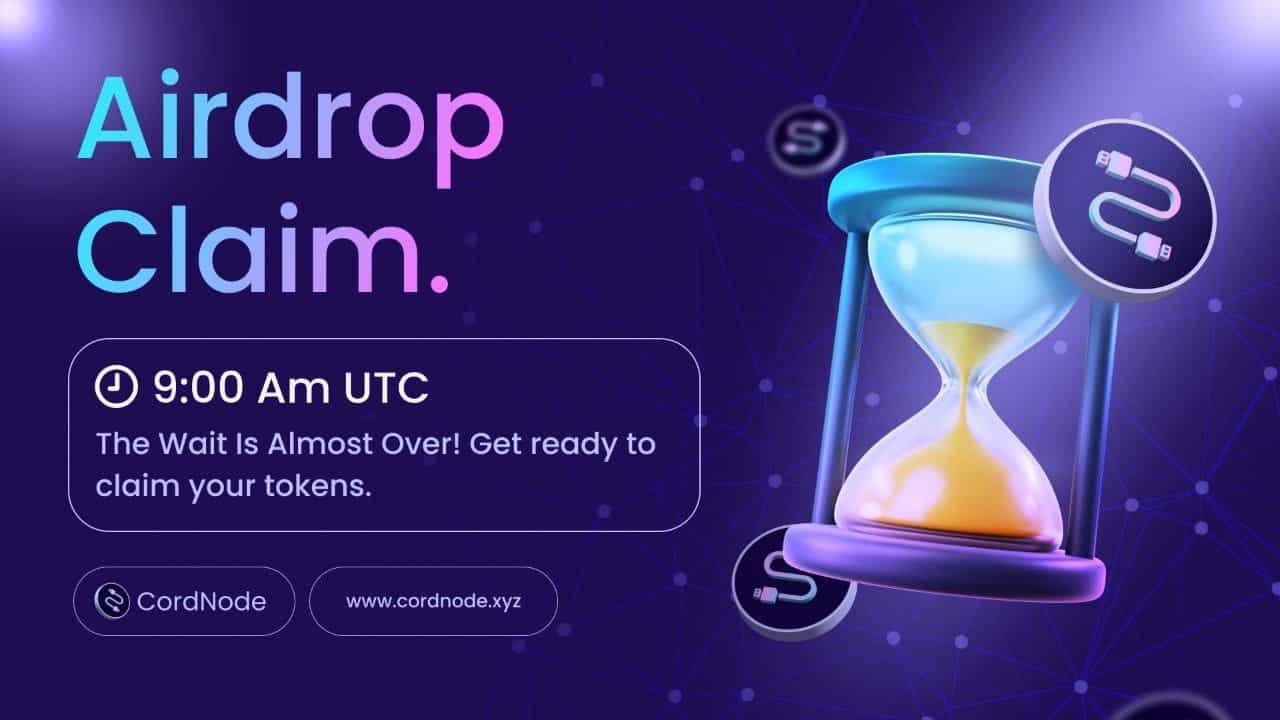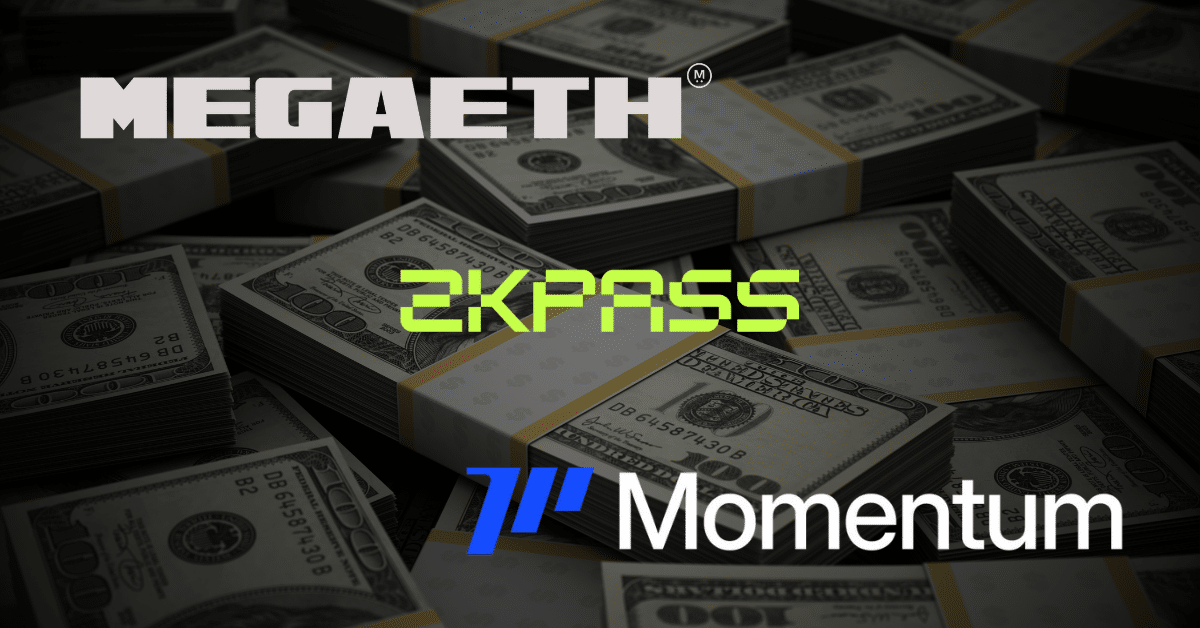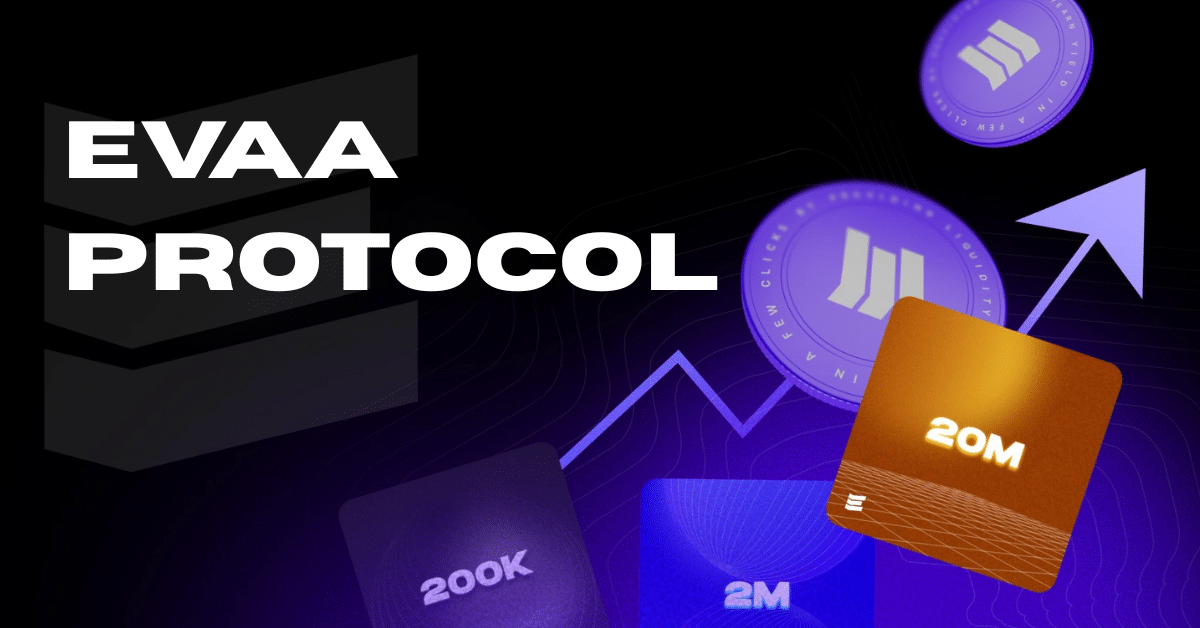Key Takeaways
- The CordNode airdrop claim process requires users to pay a $3.3 fee directly to the developers’ wallet, potentially allowing the team to farm over $100,000 from an estimated 33,000 eligible participants, raising red flags about the project’s legitimacy and intent.
- The 24-hour claim period has been criticized as overly restrictive and designed to pressure users, while the project has faced delays, bugs, and postponed launches, eroding trust among the community despite promises of fairness and corrections.
- Discussions on X highlight widespread skepticism, with users labeling CordNode as a potential scam due to its questionable fee structure, lack of transparency, and failure to deliver on promised milestones.
The crypto community is reeling from the downfall of CordNode, a Web3 project launched in July 2025 that promised passive earnings through Discord integration.
Marketed as a DePIN on Solana, CordNode lured thousands with airdrop campaigns and a presale for its $CORD token. However, a botched token claim process and mounting red flags have led to widespread accusations of a rug pull, igniting a firestorm of negative sentiment on Crypto Twitter.
What Is CordNode?

CordNode (also stylized as CordNode AI) is a decentralized Web3 project claiming to operate as a DePIN (Decentralized Physical Infrastructure Network) platform.
The project allows users to “mine” or earn $CORD tokens passively by connecting their Discord accounts, with rewards supposedly based on the age and activity of the account. No traditional hardware mining, wallet setup, or staking is required initially—users simply sign up on the official site (cordnode.xyz), link their Discord, and accumulate points that are intended to convert to tokens upon the Token Generation Event (TGE).
What Happened With CordNode?
The project debuted around July 2025 with airdrop campaigns and presale announcements. Users were encouraged to join via the website and Discord server for passive earning.
Promotional materials highlighted partnerships and future staking features, but details were vague. Additionally, early eligibility checks for airdrops were teased, building excitement. Some users reported technical glitches from the start, but these were dismissed as beta issues.
By early September, the presale went live, allowing swaps for $CORD using tokens like USDT or BNB. A Solana-based token (contract: BpPKjAzQWihx51cSsXNoBvB9DYxMw9hYQyyawSpXcord) emerged, trading at around $0.000022 with low liquidity (~$24K pool). Badge purchases and quests were promoted to boost allocations.

On September 16, the claim process opened for eligible users (around 33K based on Discord farming). However, it required a “gas fee” of approximately 0.014 SOL (~$3–$5, depending on network conditions), which users quickly discovered was not going to Solana’s network but directly to the developers’ wallet (address: 6myasXuG8JhM5dFUt1uLnnHQSSbFjJewZuSdHXbHbUpT).

The team cited a “gas war” as the reason, but transaction tracking on Solscan confirmed the funds were funneled to the dev wallet. Claims were time-limited to 24 hours, and allocations were reportedly tiny (less than 1% of expected rewards for many).
Users who paid the fee received nothing, leading to widespread accusations of a “cash grab” or rug pull.
“This is definitely a scam asking for gas fee 3.3$ and it goes directly to dev wallet and now the website doesn’t work stay away from this,” one X user wrote.
As of this writing, CodeNode’s X account has been deactivated, and their website is now inaccessible.


Final Thoughts
The fallout has eroded trust in airdrop-driven projects, with influencers who hyped CordNode facing backlash. As we always say when farming airdrops, there is no guarantee that the airdropped tokens will increase in value, and there may be associated fees or requirements. Some airdrops can be susceptible to scams and phishing attempts. Always exercise caution and verify the legitimacy of any airdrop opportunity before participating.























